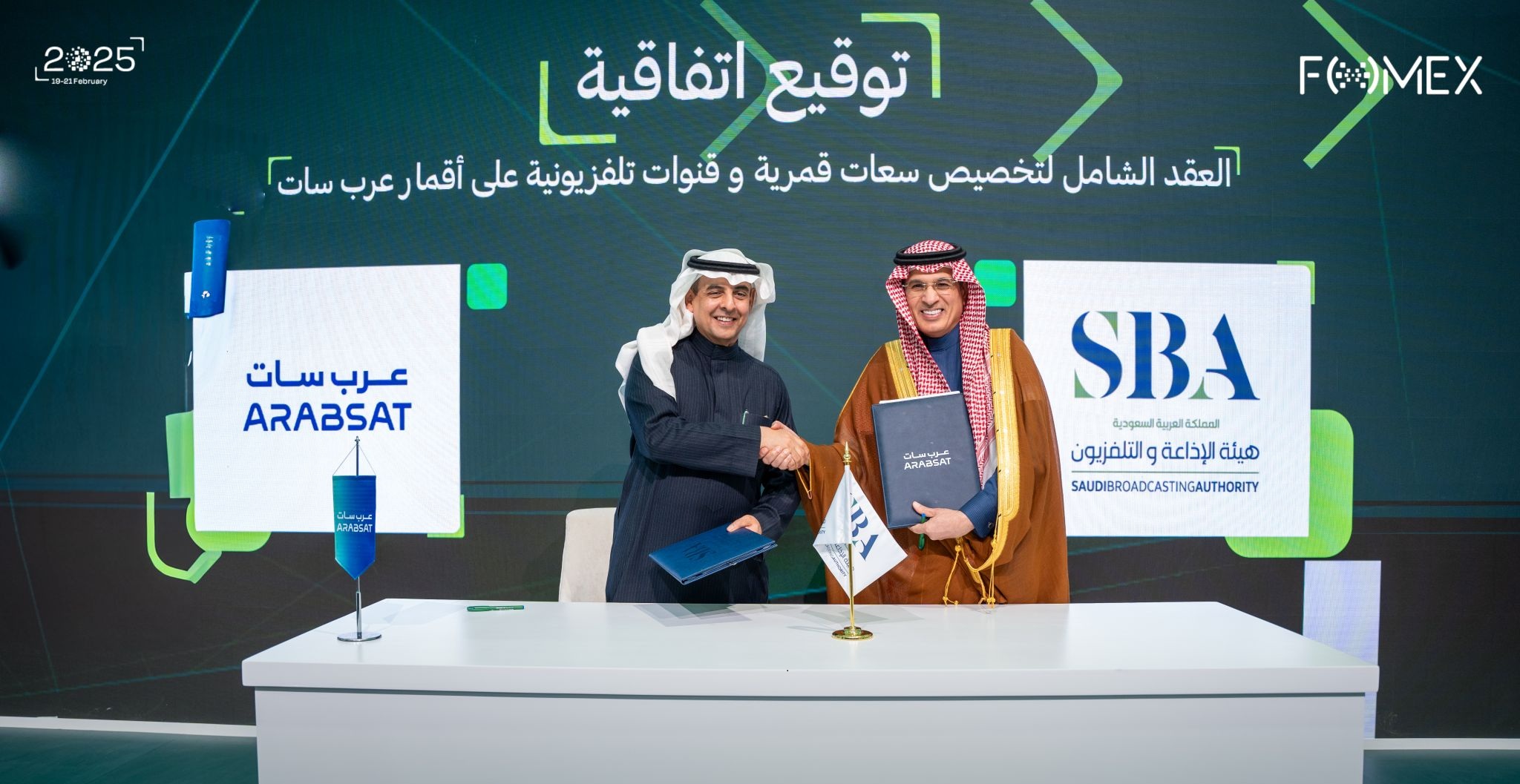Marrakech Hosts Arabsat 8th Annual Satellite TV Broadcasting Forum 20th -21st October 2015
Arab Satellite Communications Organization – Arabsat hold its 8th annual forum for satellite TV broadcasting on 20th – 21st October 2015, at Savoy Grand Hotel – Marrakech – Morocco, under the auspices of His Majesty King Mohammed VI, King of the Kingdom of Morocco with the presence of His Excellency the Minister of Communication, the Spokesman for the Moroccan government and number of Arab and international media figures as well as a number of Arab and international satellite TV channels owners and officials.
Eng/Khalid bin Ahmed Balkheyour President&CEO of Arabsat expressed his great thanks and respect for His Majesty King Mohammed VI, King of Morocco for His generous Patronage of the forum.
Balkheyour added that there will be many events and seminars attended by international experts in the field of TV satellite broadcasting, as well as sessions for direct dialogue with the participants. It is worth mentioning that Arabsat will launch its satellite Badr – 7 at the beginning of next month. Badr – 7 is one of the newest satellite in the region, with a new coverage for Arabsat across the Middle East and whole Africa, with market specific spot beams across West and South Africa.




